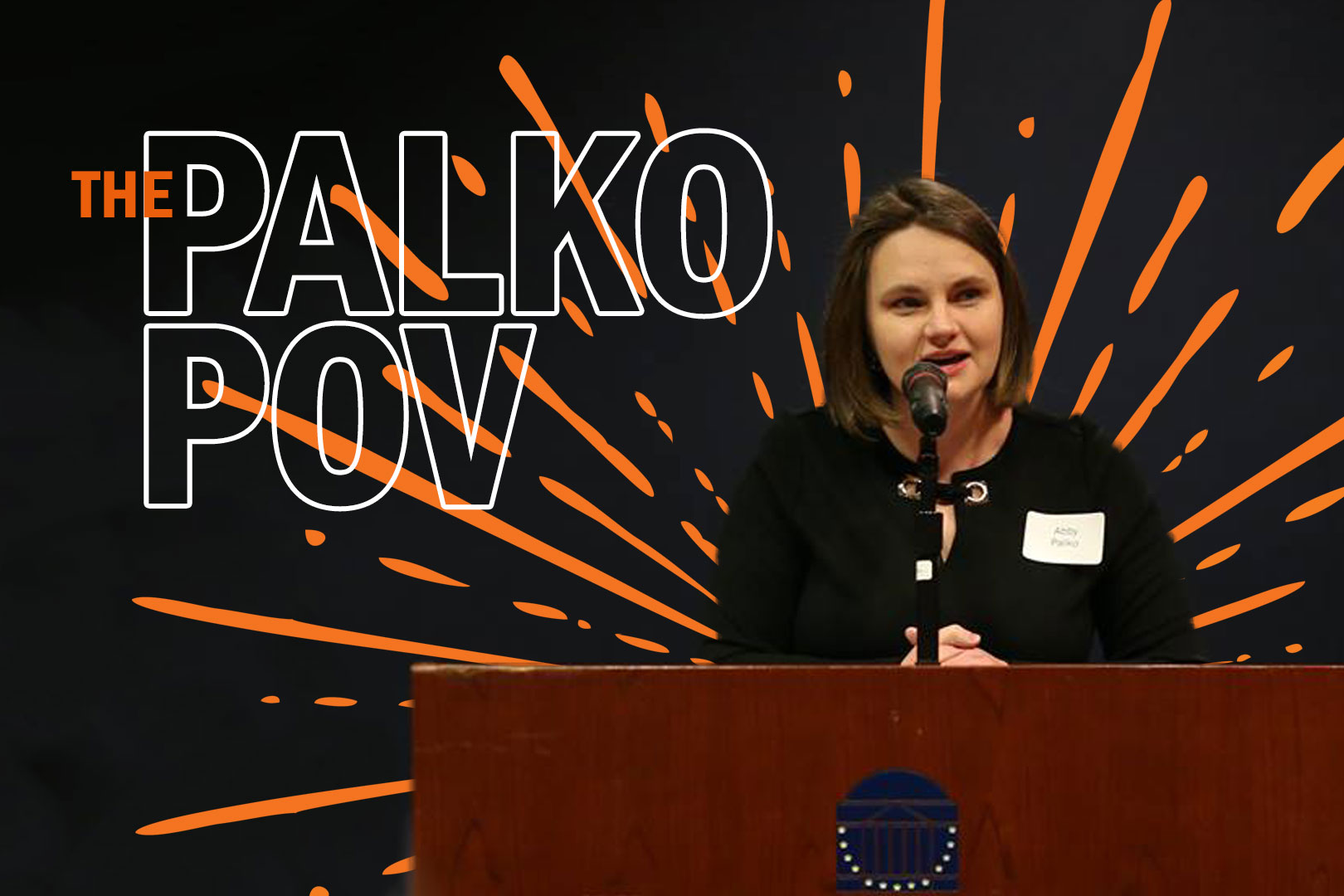
This spring here at the Women's Center we were honored and humbled to present Carolyn Miles, CEO of Save the Children and a 1988 Darden graduate, with the University's 2017 Distinguished Alumna Award. With Mother's Day occurring just a couple of weeks later, I was struck by the timeliness of the challenge Carolyn posed to the colleagues and admirers gathered in her honor.
Save the Children board member Cokie Roberts, in her letter supporting Dean Beardsley's nomination of Carolyn for this award, had referenced the organization's attention to and reporting on the unbreakable connection between children's well-being and their mothers' well-being in this way: "One of our mantras at Save the Children is that you can't help children if you don't help their mothers." Save the Chidren's work to promote the health and well-being of children is easy to appreciate, and their efforts to help mothers so that their children's potential can be realized may seem similarly uncontroversial.
 But Carolyn's award acceptance remarks called our attention to deeper challenges. She poignantly shared that "in my work, I feel like I've been hearing a lot about 'them' lately. And all this talk about "them" has been making the world feel like less of an 'us' place." In telling the story of Save the Children's founding by Eglantyne Jebb in post World War I Britain, Carolyn emphasized Jebb's profound – and wildly unpopular - belief that "children should not be made to pay for the sins of their parents." At a moment when British children were also suffering greatly, Jebb's cry for aid for Austrian orphans was difficult to understand, but it was a hallmark of "mothering practices" as the philosopher Sara Ruddick defines them.
But Carolyn's award acceptance remarks called our attention to deeper challenges. She poignantly shared that "in my work, I feel like I've been hearing a lot about 'them' lately. And all this talk about "them" has been making the world feel like less of an 'us' place." In telling the story of Save the Children's founding by Eglantyne Jebb in post World War I Britain, Carolyn emphasized Jebb's profound – and wildly unpopular - belief that "children should not be made to pay for the sins of their parents." At a moment when British children were also suffering greatly, Jebb's cry for aid for Austrian orphans was difficult to understand, but it was a hallmark of "mothering practices" as the philosopher Sara Ruddick defines them.
Since Ruddick's groundbreaking 1989 work, Maternal Thinking, scholars who focus on mothering, as I do, have found useful her framework of three demands made of mothering practices that set maternal activity apart from other modes of caretaking: preservation, growth, and social acceptability. Think of mothers in Flint, Michigan whose kitchen faucets dispense contaminated water, mothers in Syria whose streets double as battlefields, mothers in South Sudan, Nigeria, and Somalia whose countries are devastated by famine.
Inequities in resources for the work of mothering are not the only barrier that mothers face: pregnancy and childbirth pose physical risks to women. These dangers receive only sporadic attention here in the US despite our poor performance on key indicators relative to other developed countries. [figure 1]
Save the Children's 2015 report on the State of the World's Mothers found that among the many measures relevant to the well-being of mothers and children around the world, women's risk of maternal death across their lifetimes is the one measure for which the disparity across regions is greatest. Out of 179 countries included in the report (46 developed nations, 133 in the developing world), here's how the US compares with respect to the risk that women will die during or immediately following pregnancy or childbirth:
 "In the United States, women face a 1 in 1,800 risk of maternal death. This is the worst performance of any developed country in the world. A woman in the U.S. is more than 10 times as likely as a woman in Austria, Belarus or Poland to eventually die from a pregnancy-related cause."Motherhood endangers the lives of women around the world, including the US. And a disproportionate number of women in the US who die from pregnancy or childbirth-related causes are women of color, poor women, women without access to healthcare. [figure 2]
"In the United States, women face a 1 in 1,800 risk of maternal death. This is the worst performance of any developed country in the world. A woman in the U.S. is more than 10 times as likely as a woman in Austria, Belarus or Poland to eventually die from a pregnancy-related cause."Motherhood endangers the lives of women around the world, including the US. And a disproportionate number of women in the US who die from pregnancy or childbirth-related causes are women of color, poor women, women without access to healthcare. [figure 2]
In her Introduction to the 2015 report, Carolyn Miles recalls "the many mothers I have met […] These are mothers who will do just about anything to keep their children healthy, well-nourished, safe and educated, so their children can grow up to become productive, engaged citizens." These mothers are striving to meet the demands identified by Sara Ruddick – and their example reminds us that the future of our planet depends upon us finding the resources to safeguard them and their children through pregnancy, childbirth, and childhood. It doesn't fit neatly on a greeting card – but it would be a worthy tribute to the world's mothers.

